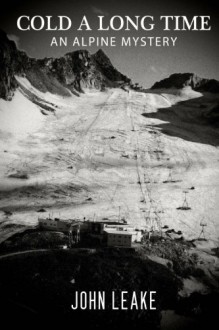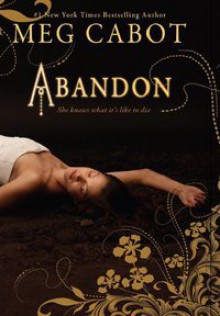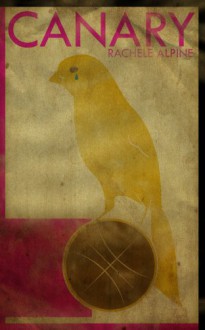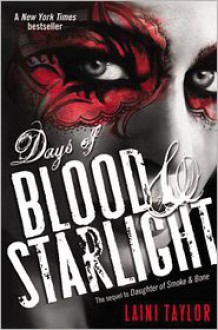
Cold A Long Time is a fascinating look at extreme malfeasance in the Austrian town of Tyrol. Before development by Herr Klier, the glacier and surrounding areas were home to little more than bands of herders, and people struggled to get by. When Herr Klier decided to develop the area, he took on the aura of a beloved king, even a demi-god. Those wh =o had showed initial reluctance to his plans came around once tourism money started flowing in. Almost everyone in Tyrol is indebted to the ski resort and the industry that sprung up to support it. The waitress the author talks with about halfway through the book, for example, has worked in the bar for most of her life.
Given such a history it becomes easy to see why, when tourist Duncan McPhearson disappears on the slope, it takes his parents over twenty years to find the truth. Despite a truly convoluted series of lies from virtually everyone in Tyrol, the author is brought on board and eventually unraels the mystery: after renting an inadequate snowboarding set up (sold to him by a man that should know better) Duncan caught his board in the edge of a crevasse. Doing so inflicted some type of injury to his knee (either a fracture or damage to the ligaments). Unable to walk, he sat there waiting to be rescued, only to be violently pulled in to a grooming tiller and mangled to death. Instead of anyone involved calling the authorites, they pushed Duncan and all of his gear in to a crevasse and covered it with snow. If he hadn't melted out of the ice soner than expected, his parents would never have known what happened.
I can forgive the tiller driver, who likely went in to an immediate state of incoherence and shock (an expert on ice and snow accidents later told the author that this reaction is very common; the grooming tiller inflicts truly horrific injuries). I can even understand why people might have tried to cover it up, though obviously I don't condone letting a family endure the torture of not knowing. But the true evil in this case is Dr. Walter Rabl, the medical examiner in this case. Throughthe entire ordeal he presented himself as a friend to the McPhearson's, convincing them that the paltry evidence he did eventually send them (a few low quality photos) was sent under duress, as if he were heroically resisting the pressure to cover up what had truly hapened. But the author quickly disocvers that he's lying and in fact has been deceiving the grieving parents for years.
Described as a charismatic man who offers people to his office delicious little cappicinios, Dr. Rabl to me is an instantly suspicious character. Many times when I read true crime books I am shocked by how trusting people are. This is not a criticism of them. Most often the victims are honest people, and have the reasonable assumption that most others are also honest. Lynda, the mother, kept repeating "how can people lie?" To her, a no nonsense crusader for justice, she couldn't conceive that the man she considered her friend would treat her so shabbily. He had listened to her pour out her heart. He shed tears (later it was realized he stole them from a corcodile) over the fate of her child, assumedly out of empathy. But I see something sinister in his little cups of coffee: a power play. So curelly does he invoke the societal contract that even the author gets played, manipulated and then ushered out the door, to the point that he only realizes it after the meeting is already over. Once again I will say, be skeptical, especially if the people you meet in the midst of high stress situations are nice and charismatic. Of course, plenty of people ARE completely genuine, but keep your wits about you until you can see their actions. How you feel about them doesn't matter. Their words don't matter. Only their consistent actions.
Now does it end there for Dr. Rabl. Over the years other visitors to Tyrol have died under suspicious circumstances. A young man named Raven was found stabbed to death and half naked on a matress, out in the elements. The estemmed doctor, this lionized figure, this doctor of medicine who is suppopsed to be a champion of truth and healing, said that Raven must have striped off his clothes, dragged the matress down the hill in below freezing temperatures, and then died there in some misguided suicide attempt. Or what about the woman who was stabbed to death in a shop> My, what stab wounds? Because according to Dr. Rabl, there weren't any. He has handled several other murder cases in this same way. If you go to Tyrol, watch yourself, because if something happens to you, you will receive no justice from Dr. Rabl. Your life is clearly worth less than the tourism dollars the town would lose to bad publicity. Sadly I doubt Dr. Rabl has ever had to pay a day in his life for all the heartache and suffering he's caused. Why should he, when the entire town and evaen the Austrian government is in on the conspiracy? This resort is their entire lives, their livelihood. A few missing tourists or a few missing women mean nothing in comparison.
And yet, the author does such a good job fleshing out the panrents as characters that even without the horrific machinations they have to endure, the reader would likely feel sympathy. Both Lynda and Bob have suffered more tragedies in their lives than anyone should have to, Lynda losing her first fiance to a freak accident, and Bob losing a child to suicide. Duncan is clearly a child to be proud of, a gentle man, a talented athlete, and yet he was taken from them too. Only in the end, after spending their retirement savings on investigating the truth, are they able to bring his body home. Within their story and marriage is a good lesson for all of us


 Log in with Facebook
Log in with Facebook 


















